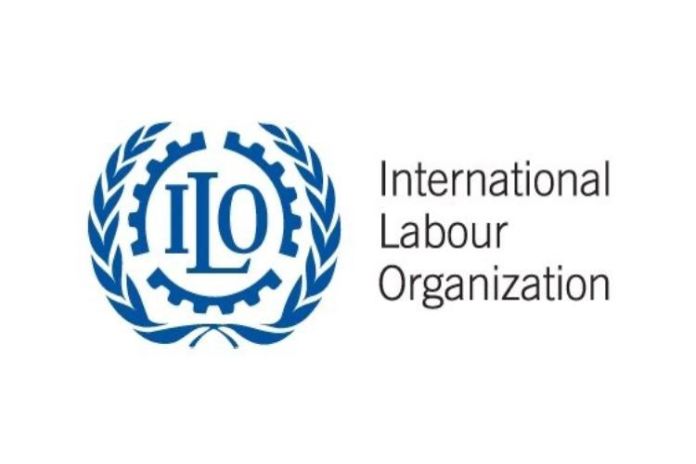GEORGETOWN, Guyana, (DPI) – A team from the International Labour Organization (ILO) met with representatives from the ministry of labour in preparation for Guyana’s hosting of the 12th ILO meeting of Caribbean ministers of labour in May from the 23-25.
The last meeting was held in Barbados four years ago. As such, hosting the meeting in the country is a great achievement, especially given the tremendous development that has taken place in Guyana under the leadership of His Excellency, Dr Mohamed Irfaan Ali.
Following the country’s selection to host this historic meeting, several deliberations among the relevant authorities were held in order to provide well-planned and successful meetings for those involved.
The meeting serves as a forum for a more in-depth discussion of Caribbean labour ministers’ and social partners’ contributions to, and leadership roles in, the proposed Global Coalition on social justice.
This includes consultation with key regional social partners, establishing priorities and key strategies for ILO support for Just Transition in the 2024-2025 biennium, and developing Quality Apprenticeship frameworks.
In addition, the meeting will review previous ministerial meetings and their conclusions, including a briefing on ILO support provided to constituents during the pandemic and in the current recovery stage.
Over the last three years, the ILO Caribbean office has focused much of its technical assistance on strategic and practical interventions in areas ranging from labour market research and skills development to social security and enterprise development, all of which help Member States integrate the Decent Work Agenda into how Caribbean labour markets prepare for, cope with, and recover from crises.
This approach is consistent with the four priority areas established in the UNMSDCF for English- and Dutch-speaking Caribbean countries for the period 2022–2026.
The ILO director-general’s revised proposal for a Global Coalition on social justice, aims to “contribute to the reduction and prevention of inequalities as well as ensure that social justice is prioritised in national, regional, and global policymaking and activities, including in development cooperation as well as financial, trade, and investment agreements,” provides an opportunity for Caribbean labour ministries to contribute invaluable perspectives and insights from their experiences and challenges.





